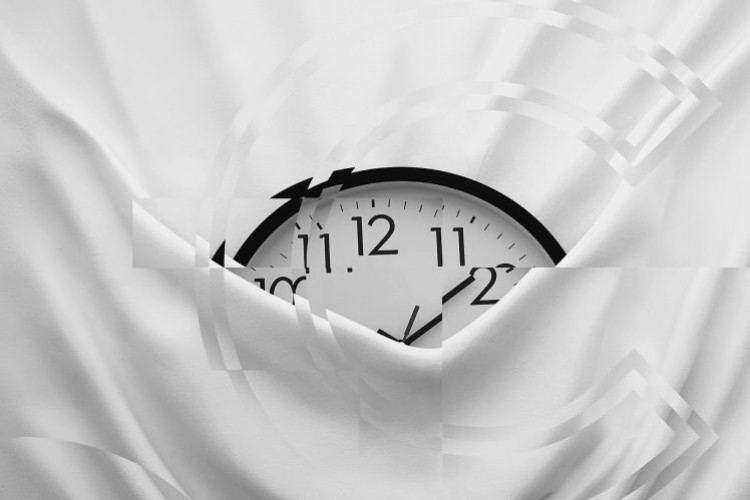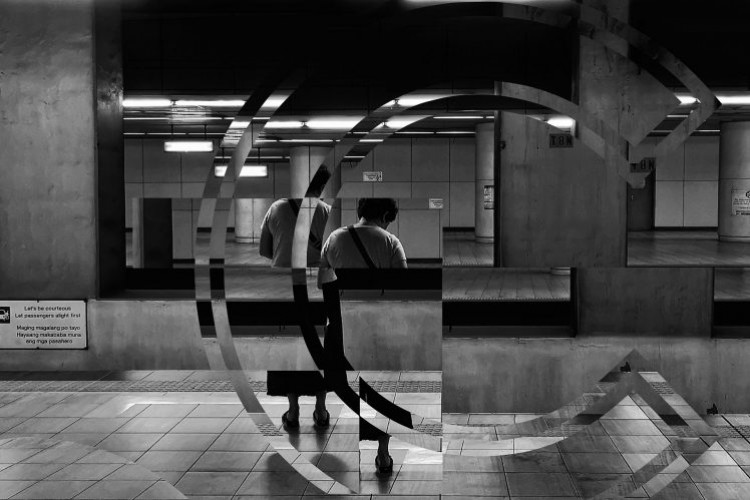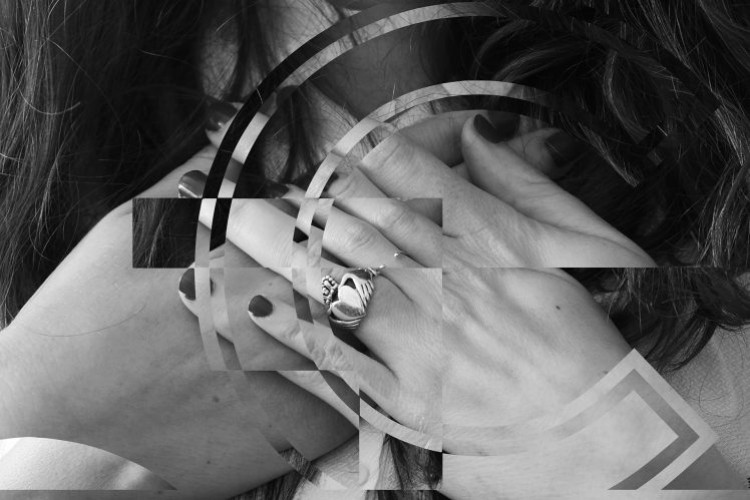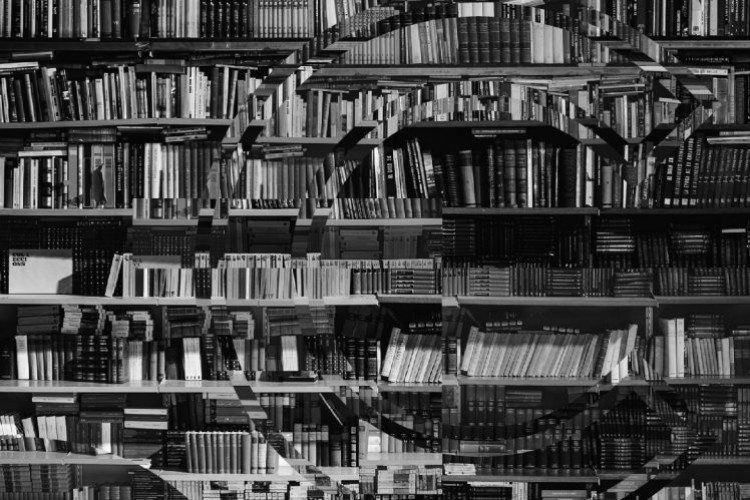Part VI: Muka Bumi
Final part of the six-part science fiction series by Khairani Barokka
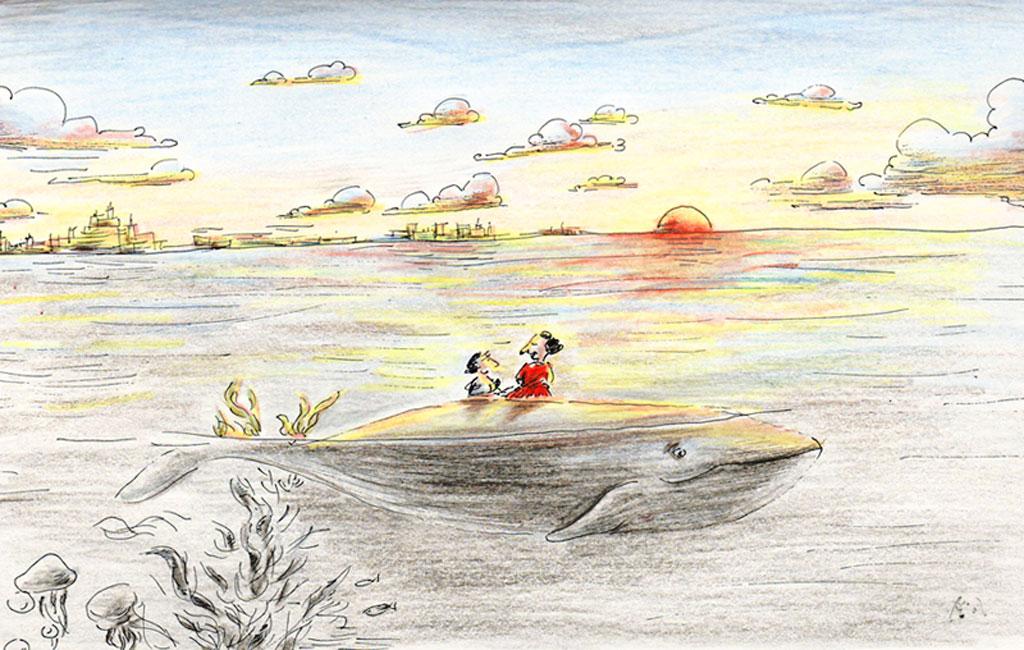
It is very difficult not to fall asleep when the sun slides no closer to the time for breaking fast–even when your thighs are on a small whale, and the ocean is swaying to its muscular arcs. Even when the oceanic mammal feels your anticipation of a meal, the expectation seeping from your epidermis to its blubber, making it buck more in the stark white light rippling hard on stone blue water. Astride my whale is my 10-year-old granddaughter’s, smaller creature still, yet more barnacle-scarred. It swims perpendicular to us, then circles behind my marine companion’s tail until it is facing the same way as us, and we are floating side by side. Finger-fountains of spray sprout from their blowholes like mist, needlessly moistening the sopping-wet cloths that cover my frame and my young girl’s.
Our bodies are not as dissimilar as you would think. I am lumpier and thickier and wrinkle-bound, mole-forged, thin-skinned, but thighs and arms and proportions, these are strikingly similar. Also in the way we swim, same strokes of thigh shooting up through the water outside our sphere-shaped underwater haven. Up to 50 kilometers per hour, even at my age, the same many minutes without a hint of taking a second breath. It is also in the way we wonder by whistle and hum and looking up, up, further. The way we squint, neck tilted cloudwards, into sky-colored waters, the wavy-round sphere of light that is sun or moon, visible past the sea, beyond our acres of paddy and forest and village in the oxygen orb. The way we continue to look up when we are on the surface of the earth. Muka bumi. The face of the earth is water.
If we were still in the city, we would forget this. We’d think the face of the earth belonged to the tips of skyscrapers, now fallen into disarray, broken building blocks. We’d think it belonged to the ghosts of millions of cars, blackened into toxic dust, abandoned on the highways of Java.
“You know,” I start to say slowly in the middle of the ocean to my grandchild, our four bodies, whales and women, the only markers against the horizon for acres around on the water, “My own grandmother and I used to live in a city, before. We lived in Jakarta, before I took her here.”
I tell her things in memories, in shards of water and light. We have a strange history, our family. Blood spilled, land houses emptied. I don’t try to make her look deeper–we are living a brightly lit life undersea.
“So we went underwater to get ourselves clean from these bad things?” she asks.
I pause. The whales are bucking more and more, restless to play again under the surface, dancing with us clinging along to their sides. I remember my own grandmother, and how I first brought her to the world we know now. Her tomb in the very bottom of the ocean, in the ground far under a filmy sphere that protects from the pounding weight of water.
“Not exactly, my darling,” and I laugh, remembering a tune. “We had a sad song. We made it better.”
She thought about this for a moment, her arms slowly stretching up, the special cloth weaved in our village protecting the whole of her body from poisonous sun. “Thank you,” she says, “Let’s go home, Nek. Pulang yuk. Nanti buka puasa.”
I smile at her, and we kick slowly and gently against the animals bearing us, signalling a return to the ocean-floor country of villages and green. We hold hands across the watery gap between these friends on which we ride oceans. Closing our eyes, gasping the beginning of deeper currents, of holding our breath.
Read the previous parts here:
Part I
Part II
Part III
Part IV
Part V




